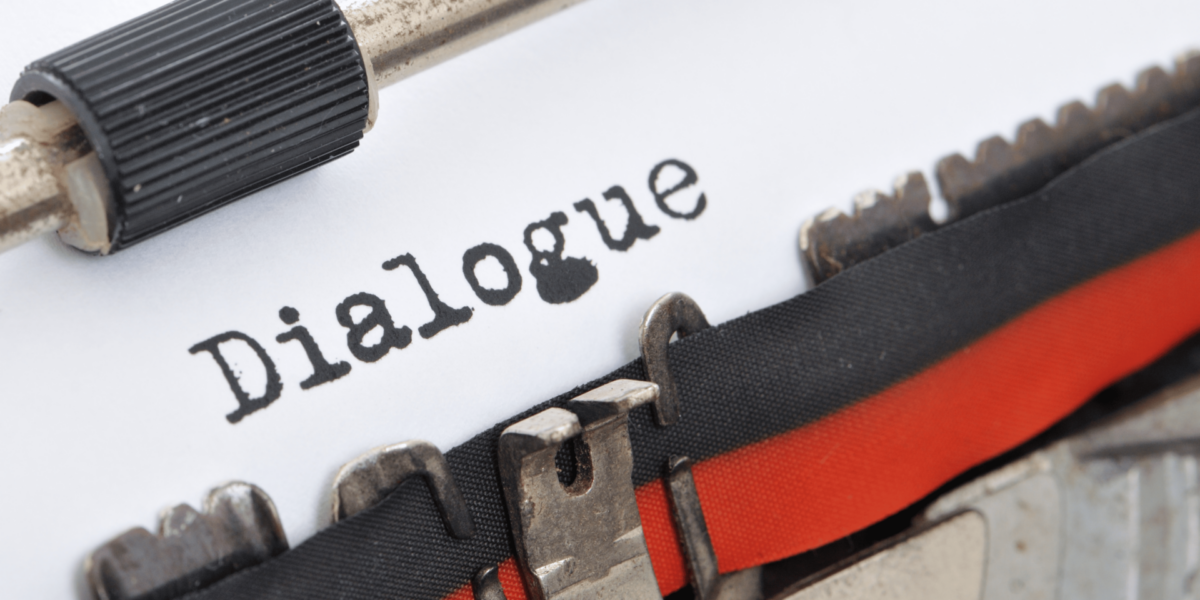Language Influences Thought at the Core
Language does more than help us communicate—it shapes how we think. The words we use frame how we understand the world around us. Our internal dialogue reflects the structure of the language we speak, guiding our thoughts, assumptions, and interpretations.
When someone describes their day using emotionally loaded words, those choices influence how they feel and what they remember. Over time, repeated patterns of speech can shape not just memory, but perception. Language becomes the lens through which we filter experience.
Vocabulary Limits or Expands What We Notice
The vocabulary available in a person’s language affects what they are likely to observe and describe. If a language lacks specific terms for a concept, speakers may overlook or generalize it. In contrast, having more words for a category allows for more detailed attention.
In a workplace setting, someone who regularly uses precise language to describe their goals will notice and articulate progress more clearly. Their vocabulary helps them track details others may miss. This increased awareness shapes how they assess outcomes and make decisions.
Grammar Structures Influence Perception of Time
Languages differ in how they express time. Some use verb tenses to separate past, present, and future. Others rely on context rather than changing the verb form. These differences affect how speakers relate to time and how they plan or remember events.
During a meeting, a speaker who uses clear tenses might outline next steps in a detailed timeline. Another participant, whose native language treats time more fluidly, may interpret the timeline differently. This gap shows how language structure shapes time perception and impacts coordination.
Word Choice Shapes Emotional Response
The language used to describe a situation affects how people feel about it. Positive or negative wording can shift perception, even when the facts remain the same. This effect is especially strong in media, marketing, and daily conversations.
In a feedback session, the phrase “needs improvement” triggers a different emotional response than “has room for growth.” Both point to the same issue, but word choice changes how the message is received. Language guides emotional reaction, which in turn shapes behavior.
Labels and Categories Impact Understanding
We rely on language to group people, objects, and experiences. Labels create mental categories that help us organize information quickly. But those same categories can also limit understanding when they oversimplify or stereotype.
When someone hears a label like “introvert” or “leader,” their mind fills in expectations based on that word. Those assumptions can affect how they treat others—and how they view themselves. Language both creates clarity and introduces bias, depending on how it’s used.
Language Reflects Cultural Values and Priorities
Each language reflects the environment and culture in which it developed. The concepts that matter most to a culture often have more words, richer meanings, and stronger emotional connections. This relationship influences how people value time, relationships, work, and identity.
In international teams, communication gaps often arise not from translation, but from different cultural priorities embedded in language. What one group expresses directly, another may imply. Understanding these patterns helps reduce misunderstanding and improve collaboration.
Metaphors Guide How We Solve Problems
Metaphors are not just poetic tools—they shape how people understand complex issues. When someone uses a metaphor to describe a problem, it frames how they think about solutions. The comparison activates mental associations that direct focus and reasoning.
In a strategic planning session, if a team describes a challenge as “a roadblock,” they may look for ways to bypass it. If they call it “a puzzle,” they might shift to finding internal connections. The metaphor shapes the approach and guides the outcome.
Language Shapes Identity and Self-Perception
How people talk about themselves influences how they see themselves. Repeated phrases become internal beliefs. Over time, language forms identity, not just as a reflection, but as a builder of self-image.
A person who often says “I struggle with speaking up” begins to believe it as a fixed trait. Changing that phrase to “I’m learning to speak more clearly” shifts the mindset. Words used in daily self-talk define limits or invite growth. Language builds or breaks confidence.
Multilingualism Offers Flexible Perspectives
People who speak more than one language often report feeling different depending on the language they use. Each language opens access to different cultural references, emotional tones, and thought structures. Switching between languages can shift how a person interprets situations.
In a conversation, a bilingual speaker may choose one language to explain emotions and another for technical content. Each language offers a unique view, and this ability to shift perspective creates mental flexibility. Language doesn’t just reflect thinking—it reshapes it.
Conscious Word Use Improves Communication Clarity
Being intentional with language improves understanding in personal and professional settings. By choosing words that match purpose and tone, speakers reduce confusion and foster connection. Clarity in language leads to clearer thought and smoother collaboration.
A project manager who uses simple, direct language in status updates makes it easier for the entire team to align. Removing vague or overly complex phrasing keeps focus on action and results. Clear language drives effective decision-making and strengthens group performance.









